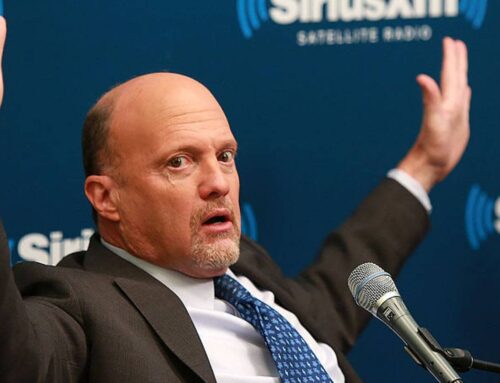Malala Yousafzai: Getting high at Oxford unlocked shooting trauma
October 11, 2025
Malala Yousafzai: Getting high at Oxford unlocked shooting trauma
The Nobel laureate has revealed how smoking a cannabis bong with fellow students revived memories of Taliban attack and triggered a mental health collapse
Malala Yousafzai had “erased” memories of the day she was shot in the head on her way home from school in Pakistan. But getting high for the first time while studying at Oxford University unlocked traumatic flashbacks of the attack, the female rights activist has revealed.
In an interview in advance of the release of her second memoir, Finding my Way, on October 21, the Nobel Peace Prize winner said her mental health collapsed after the incident at Lady Margaret Hall.
“Everything changed for ever, after that [night],” Yousafzai, 28, said.
She previously had no recollection of being shot in the Swat Valley on October 9, 2012. An outspoken advocate for girls’ education since the age of 11, Yousafzai was targeted by a Taliban gunman but survived after being airlifted to the UK for treatment.
She said that when she awoke from the coma she had “no memory of what had happened” and that “my brain just erased it”.
Yousafzai in hospital in Birmingham in 2012
PA
In the interview with The Guardian, Yousafzai said she had smoked a bong, a type of water pipe with which cannabis can be consumed, for the first time in a shed in the grounds of the Oxford college. After leaving the shed, she tried to walk back to her room but blacked out and had to be carried by a friend.
Yousafzai said that night she was plagued by memories of the shooting, including the gun, blood and being carried through crowds to an ambulance.
“I had never felt so close to the attack as then, in that moment,” she said. “I felt like I was reliving all of it, and there was a time when I just thought I was in the afterlife … It’s easier to laugh about it now.”
After the incident, Yousafzai said she developed anxiety and felt “numb”. She had panic attacks and struggled to sleep.
“I survived an attack and nothing happened to me, and I laughed it off. I thought nothing could scare me, nothing. My heart was so strong,” she said. “And then I was scared of small things, and that just broke me.”
It was through therapy that Yousafzai was able to come to terms with the reality of her childhood, including the murder attempt, and exam stress.
She added: “But, you know, in this journey I realised what it means to be actually brave. When you can not only fight the real threats out there, but the fight within.”
The disclosure of her drug taking is likely to attract controversy in Yousafzai’s native Pakistan, where conservative Muslim figures have previously criticised her for questioning marriage in a 2021 interview.
The 28-year-old said she was “prepared” to face any backlash. “I don’t think I’m going to get defensive about it at all. I’m not going to issue any statement. If anybody has any confusion, they can read my book and decide for themselves.”
Yousafzai also said her approach to campaigning had become more cynical since she witnessed how world leaders reacted when the Taliban took control of Afghanistan, after the US withdrew in 2021.
Afghans attempting to flee the country show foreign forces their credentials outside Kabul’s Hamid Karzai International Airport in August 2021.
AKHTER GULFAM/EPA
She said Joe Biden, the former US president, Boris Johnson, the former prime minister, President Macron and Justin Trudeau, the former Canadian prime minister, all ignored her calls to evacuate her contacts working to further women’s education in Afghanistan.
“For years, I’d smiled in pictures with these leaders, shaken their hands and stood next to them at podiums — but not one of them picked up the phone, or replied to my messages. To the men who ran the world, I was just a photo op,” she said.
She added that female world leaders — Erna Solberg, the then Norwegian prime minister, Hillary Clinton, the former secretary of state, and Lolwah al-Khater, assistant foreign minister of Qatar at the time — helped her facilitate evacuations, but she said: “I do feel like I’m more cynical.”
Search
RECENT PRESS RELEASES
Related Post










